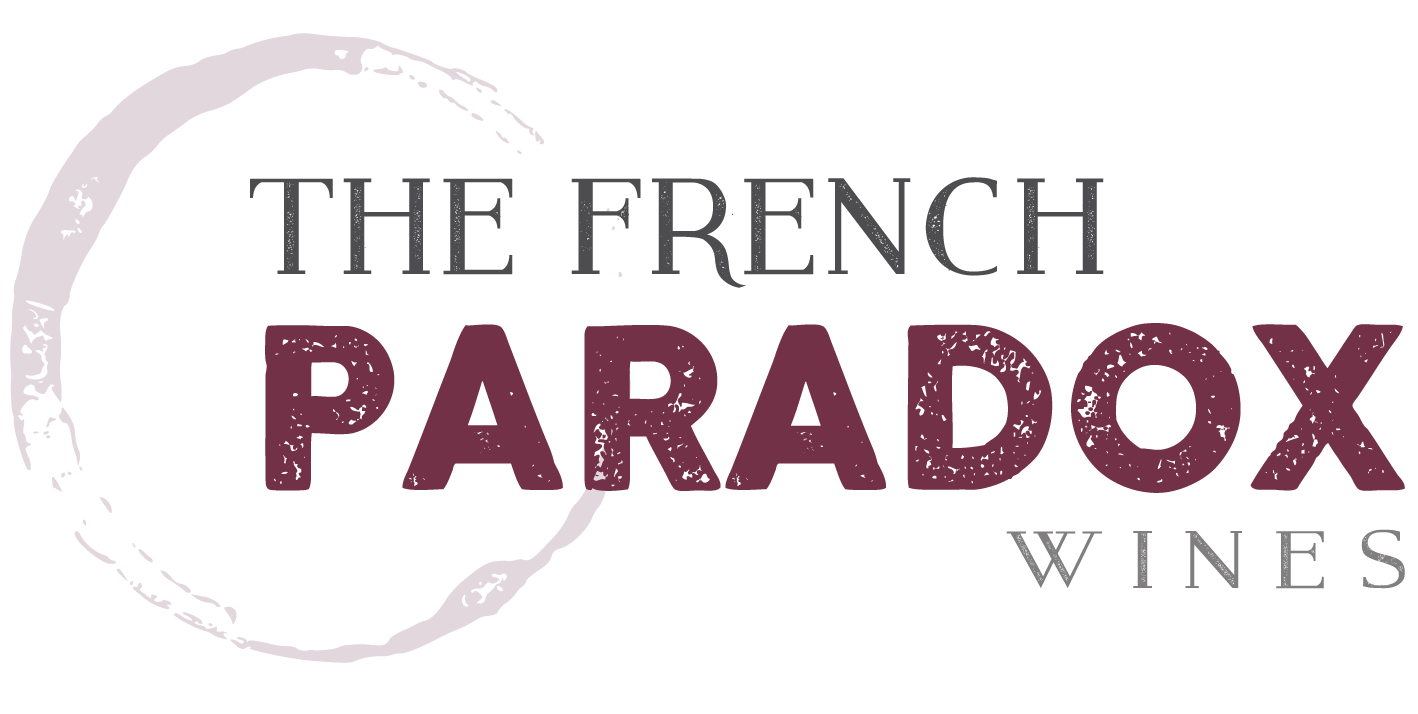Stop pretending! Admit it! It’s nothing to be ashamed of!
You love sweet wine.
And there is nothing wrong with that.
I know. All your wine poseur friends insist that sweet wines are for ladies and other less sophisticated sorts. Instead, they’ll tell you, manly men drink big, robust, tannic wines like Napa Cabernet and Chateauneuf-du-Pape and Australian Shiraz and Paso Robles Zinfandels. You know, the wines that get zillions of ‘points’ from those international famous wine experts who no one had ever heard of before!
Only one problem. Those wines are sweet.
You’re wrong, you exclaim! Your buddy, who has been to Napa dozens of times, and really, really knows wines (because, you know, NAPA!) hates sweet wines! The wines that he gets, that, you know, no one else can get, unless you know someone (in NAPA!), are all so tannic that you have to scrap the tannins off your teeth, well, you can’t tell me those wines are sweet!
Except they are. You see, in the modern world, wines can be both sweet and tannic. And often are.
You see, you’ve been lied to. You’ve been told that sweet and dry are opposites. That the presence of drying tannins (because that is what tannins do, they attach themselves to your tongue and teeth and displace saliva so you’re mouth feels dry) means that there is no sugar in the wine. Ergo, a ‘dry’ wine. Except, sugar and tannins can live side-by-side in a wine. They are not opposites, merely different. A dry wine might have sugar. Or not. A sweet wine might have tannins. Or not. (By the way, there is no such thing as ‘ripe’ or ‘sweet’ tannins. The wine critic that claims that is an idiot.)
Now, the fact that you like sweet wine doesn’t make you socially or biologically inferior. You are programed, in an evolutionary sense, to crave sweet things. You see, our hunter/gatherer ancestors were also living on the edge of starvation. So, our bodies adapted and ‘learned’ how to store fat. When we eat sugar, our bodies break this down into glucose and fructose. Importantly, fructose activates processes in your body that enables you to hold on to fat. Sugar also provides energy. So finding and consuming riper, sweeter foods was important to our survival because, 1.) you could store fat for those times when there was no food, and 2.) you had the energy to find more food and also, you know, procreate.
So your sweet tooth is baked in the pie, so to speak. And wines have gotten sweeter over the past hundred or so years, because, 1.) grapes are now grown in warmer climates, and 2.) we have something that helps us control fermentation…refrigeration! So, in the past, grapes often struggled to achieve ripeness, they now can get excessively ripe. And refrigeration allows us to slow down fermentation, which allows for longer maceration, which in turn makes for deeper, darker colored, thicker, and more fruity tasting wines. Now, these riper grapes often have less acidity and grape tannins, so winemakers have turned to newer, smaller barrels made of oak that impart more wood tannins. Voila! Sweet, fruity dry wines!
Now, it makes no difference to me what you like to drink. It does bother me, however, when you and your bros pretend to inhabit a special place in the wine world based upon your affinity for for wines that are scientifically sweet yet manage to avoid that seemingly, er, unhelpful, designation. In other words, since you like sweet wine, lay off other people that likewise like sweet wine. Or else
!
